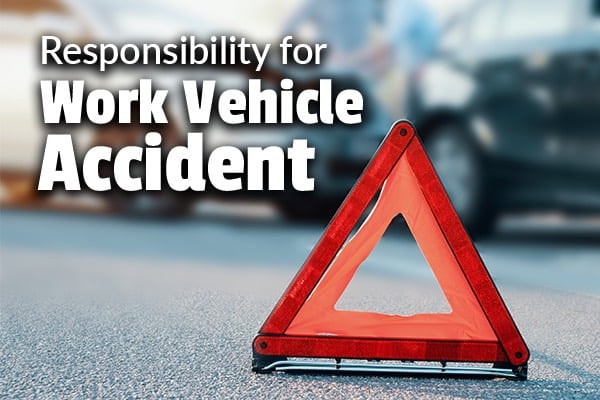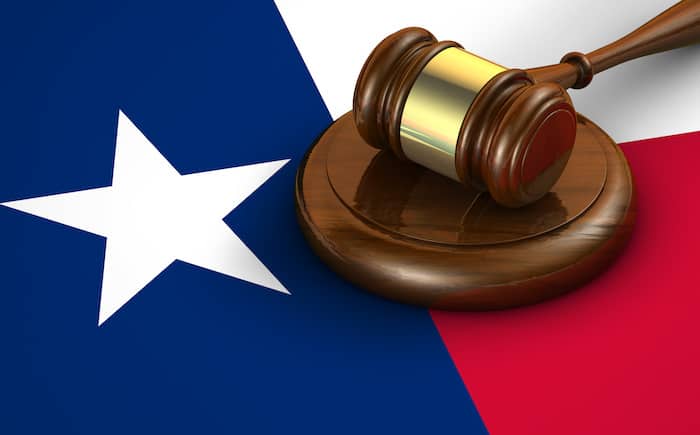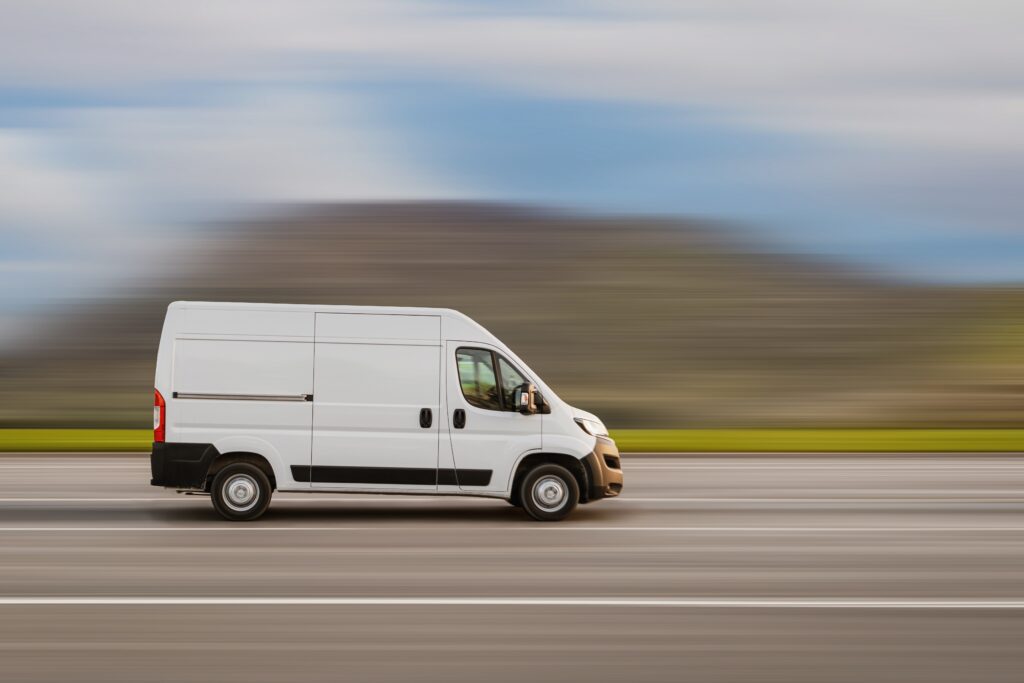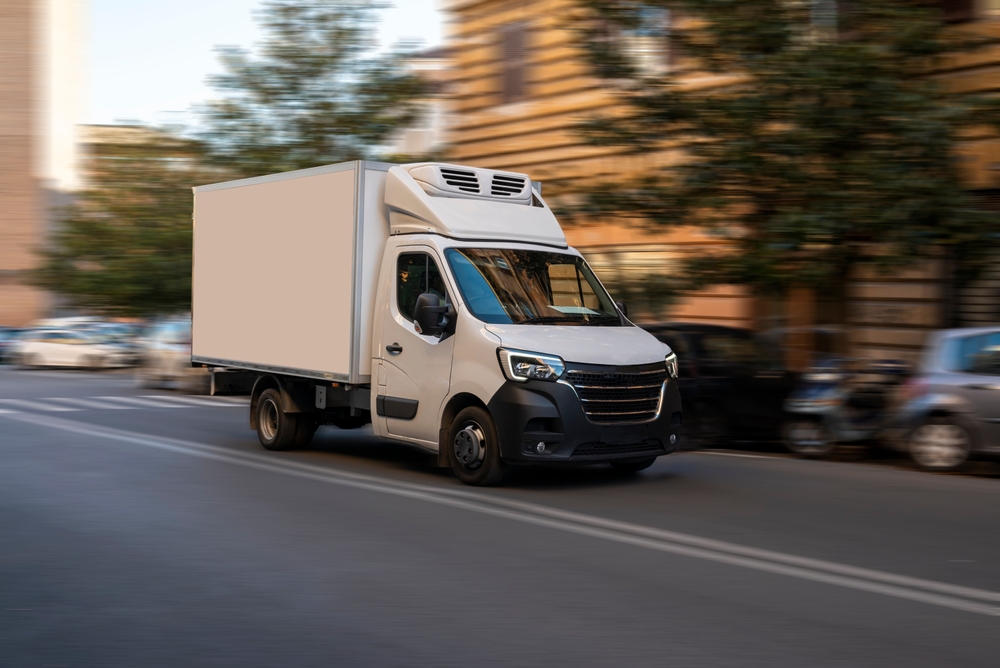
A work vehicle accident attorney provides guidance in cases where company cars, delivery trucks, or construction vehicles are involved in collisions. These accidents raise questions not typically present in personal car crashes, including whether the driver was on the job, who owned the vehicle, and which insurance policies apply.
Whether it’s a delivery truck on Arlington streets, a construction vehicle on I-20, or a company car used for business errands, determining liability requires examining employment relationships, vehicle ownership, and the driver’s activities at the time. A car accident attorney familiarized with these issues can sort through the details to determine responsibility and identify available insurance coverage for your injuries.
Branch & Dhillon represents people injured in work vehicle accidents throughout Arlington and Tarrant County. Call (817) 533-3430 today to schedule a free consultation about your commercial vehicle accident case.
Key Takeaways About Who is Responsible for a Work Vehicle Accident
- Employers typically bear vicarious liability for accidents their employees cause while performing job duties, making company insurance the primary source of compensation.
- The scope of employment determines whether employer liability applies, with factors including work hours, job-related errands, and authorized vehicle use affecting coverage.
- Multiple insurance policies may apply including commercial auto coverage, employer liability insurance, and the driver’s personal auto policy in certain situations.
- The distinction between employees and independent contractors changes liability outcomes, affecting which parties and insurance companies bear responsibility.
- Texas respondeat superior doctrine holds employers accountable for employee negligence during work activities, even without direct employer fault.
How Our Arlington Work Vehicle Accident Attorneys Handle Complex Cases
Branch & Dhillon brings extensive experience to work vehicle accident cases throughout Arlington and the Dallas–Fort Worth metroplex and has a deep understanding of the complex liability issues these crashes present. Commercial vehicles dominate Arlington roads as businesses serve the growing population, creating frequent accidents with serious consequences for victims.
Our work vehicle accident attorneys investigate beyond the immediate crash to identify all responsible parties and available insurance coverage. We understand that company vehicles often carry higher insurance limits than personal policies, providing better compensation potential for serious car accident injuries.
Accessing these policies often means addressing complicated employment law issues while countering insurance company tactics aimed at avoiding employer liability.
Investigating All Liable Parties and Insurance Policies in Work Vehicle Accidents
Branch & Dhillon conducts thorough investigations into the employment relationship between drivers and companies involved in work vehicle accidents. We examine employment contracts, driving records, vehicle registration documents, and company policies that establish liability.
Our approach reveals coverage that insurance companies try to hide.
Before speaking with any insurer, call an attorney first: our team ensures no coverage source is overlooked, from Amazon delivery fleets to construction vehicles near AT&T Stadium. We identify every policy available to maximize compensation for your medical treatment and recovery.
Understanding Vicarious Liability for Employer Responsibility
Vicarious liability means an employer can be held responsible if an employee acts carelessly while doing their job. This legal doctrine, known as respondeat superior, recognizes that businesses benefit from employee activities and must bear responsibility for resulting harms.
The Texas Civil Practice and Remedies Code establishes parameters for employer liability in vehicle accidents. When employees drive company vehicles or personal cars for business purposes and cause accidents, employers typically bear legal responsibility for the different types of damages.
This principle applies regardless of whether employers directly contributed to accidents through their own negligence. Even careful employers who maintain vehicles properly and screen drivers thoroughly face liability for employee accidents during work activities.
This broad liability encourages businesses to implement safety programs and carry adequate insurance protecting accident victims.
Scope of Employment and Employer Liability in Work Vehicle Accidents
The scope of employment concept proves central to establishing employer liability in work vehicle accidents. Activities clearly within job duties create straightforward employer responsibility.
Delivery drivers making scheduled stops, plumbers traveling between service calls, and sales representatives visiting clients all operate within employment scope. Gray areas emerge with certain activities.
Lunch breaks, commuting to and from work, and personal errands during work hours may or may not create employer liability depending on specific circumstances. Texas courts examine multiple factors to determine scope:
- Whether the employee performed services the employer required
- Whether the conduct occurred substantially within authorized time and space limits
- Whether the employee’s actions served the employer’s business purposes
- Whether the employer exercised control over the employee’s driving activities
These factors interact differently in each case, making experienced legal analysis valuable for establishing employer liability in work vehicle accident claims.
Texas Commercial Vehicle Insurance Requirements and Minimum Coverage Laws

Texas law requires commercial vehicles to carry higher insurance limits than personal automobiles due to their greater risk to public safety.
Under the Texas Transportation Code, Chapter 643, the minimum coverage amounts vary by vehicle type and use. These state requirements work alongside the Federal Motor Carrier Safety Regulations, which mandate minimum coverage levels for interstate carriers under 49 C.F.R. § 387.9.
For most commercial vehicles, the law mandates at least $300,000 in liability coverage. Vehicles transporting hazardous materials must carry $5 million in coverage.
These higher limits give accident victims access to greater compensation than what is typically available under personal auto policies. In addition, many businesses choose to purchase coverage above the minimum requirements to safeguard their assets from potential lawsuit judgments.
How to Navigate Commercial Vehicle Insurance Policies After an Accident
Commercial auto policies contain provisions different from personal coverage that affect claim handling. These policies often include broader coverage for permissive users, higher limits for property damage, and specific exclusions for certain business activities.
Understanding policy language becomes important when insurers deny coverage based on technicalities. Some policies exclude coverage for unauthorized vehicle use, requiring investigation into whether drivers had permission.
Others limit coverage based on vehicle location or specific business activities at accident times. Work vehicle accident attorneys interpret these complex provisions to maximize available coverage for injured victims.
Company Car Accidents and Personal Use Issues

Company car accidents often present complex questions about liability, particularly when personal use overlaps with business purposes. Because many employers permit limited personal use of company vehicles, the boundary between work-related and private activities is not always clear.
When a trip serves both personal and business functions, the analysis becomes more complicated. For example, an employee who stops for personal errands after attending a business meeting may still fall partly within the scope of employment.
By contrast, commuting in a company car is usually considered outside the scope of employment unless the employee performs work duties during the commute. These distinctions determine which insurance policies apply and whether the employer can be held responsible.
Texas courts rely on the “coming and going” rule, which generally excludes ordinary commuting from the scope of employment. Exceptions arise, however, when an employee is on a special mission for the employer, has no fixed work location, or when the commute itself benefits the employer.
Each case requires a careful review of the specific facts to determine how liability and coverage should be assigned.
Independent Contractors Versus Employee Drivers
The classification of drivers as employees or independent contractors fundamentally changes liability dynamics in work vehicle accidents. True independent contractors operate as separate businesses, making their own insurance primary and potentially eliminating employer liability.
However, many companies misclassify employees as contractors to avoid liability and reduce costs. Courts look beyond labels to examine actual working relationships. Factors suggesting employee status include:
- Company control over work methods and schedules
- Provision of vehicles, equipment, or supplies by the company
- Inability to work for multiple companies simultaneously
- Payment by hour or salary rather than per job
- Long-term, indefinite working relationships
Misclassification doesn’t eliminate victim compensation but changes which parties bear responsibility and which insurance applies to accidents.
Gig Economy Complications
Rideshare drivers, food delivery workers, and other gig economy participants present evolving liability questions. Companies like Uber and DoorDash argue drivers are independent contractors while maintaining significant control over their work.
These platforms provide insurance coverage during active driving periods but gaps exist. Personal auto policies often exclude commercial activities, creating coverage voids.
Recent Texas legislation and court decisions continue reshaping liability frameworks for gig economy accidents. Courts often look to the Texas Labor Code when evaluating worker classification, since employee versus contractor status directly affects liability and insurance obligations.
For example, Labor Code § 406.033 outlines employer obligations under workers’ compensation, which can influence how liability is assessed when drivers are injured in the course of gig work. Arlington accident victims need attorneys familiar with these evolving standards to secure proper compensation.
Multiple Liable Parties in Work Vehicle Crashes

Work vehicle accidents often involve multiple potentially liable parties beyond just drivers and direct employers. Vehicle owners, leasing companies, maintenance providers, and cargo loaders may share responsibility depending on accident causes.
When big rigs jackknife on Highway 360, liability might extend to trucking companies, cargo loaders who improperly secured loads, and maintenance shops that failed to repair brake problems. Construction vehicle accidents near Arlington development sites might implicate general contractors, subcontractors, and equipment rental companies. Each party’s insurance provides potential compensation sources.
Identifying all liable parties requires thorough investigation into business relationships and accident causation. Because Texas follows a system of proportionate responsibility under Texas Civil Practice and Remedies Code §§ 33.001–33.017, each responsible party may be assigned a percentage of fault.
Attorneys handling work vehicle accidents pursue claims against all potentially responsible parties to maximize recovery and prevent defendants from shifting blame. This comprehensive strategy ensures that no defendant avoids accountability by pointing the finger at others.
FAQs for Work Vehicle Accident Attorneys
What if the driver was using a company vehicle for personal errands?
Employer liability for personal use of company vehicles depends on whether the use was authorized and the surrounding circumstances. If employers permit personal use, they may bear liability even for non-work activities. Unauthorized use might eliminate employer responsibility, though victim compensation may still come from other insurance sources.
Who is liable if a delivery driver hits me?
Delivery companies typically bear liability for their drivers’ accidents during deliveries, regardless of employee versus contractor classification. Major delivery services carry substantial insurance for these incidents. The specific employment relationship affects which policies apply and claim procedures.
Can I sue both the driver and their employer?
Yes, you may pursue claims against both individual drivers and their employers simultaneously. Employers face vicarious liability for employee actions while drivers bear direct responsibility for their negligence. Multiple defendants often provide better compensation opportunities through different insurance policies.
What if the company claims the driver was an independent contractor?
Companies often claim drivers are contractors to avoid liability, but courts examine actual relationships rather than labels. Even true independent contractors may trigger company liability through negligent hiring or supervision. Investigation into the working relationship determines actual liability regardless of classifications.
How are work vehicle accident claims different from regular car accidents?
Work vehicle accidents involve employment law issues, commercial insurance policies, and multiple potentially liable parties absent from personal vehicle crashes. Higher insurance limits often exist, but claims face more aggressive defense. Professional legal representation becomes particularly valuable given these complexities.
Protect Your Rights After a Work Vehicle Accident in Arlington

Work vehicle accidents create complex liability scenarios requiring immediate investigation to preserve evidence of employment relationships and identify all responsible parties. While commercial insurance policies often provide better coverage than personal auto insurance, accessing these benefits requires navigating intricate legal issues and aggressive insurance company tactics.
Our personal injury lawyers at Branch & Dhillon fight for maximum compensation from all liable parties in work vehicle accidents throughout Arlington and Tarrant County. We understand employment law, commercial insurance, and litigation strategies necessary to hold employers accountable for their drivers’ negligence.
Don’t let confusion about work vehicle liability prevent you from securing fair compensation. Call Branch & Dhillon today at (817) 533-3430 for your free consultation with an experienced work vehicle accident attorney.

